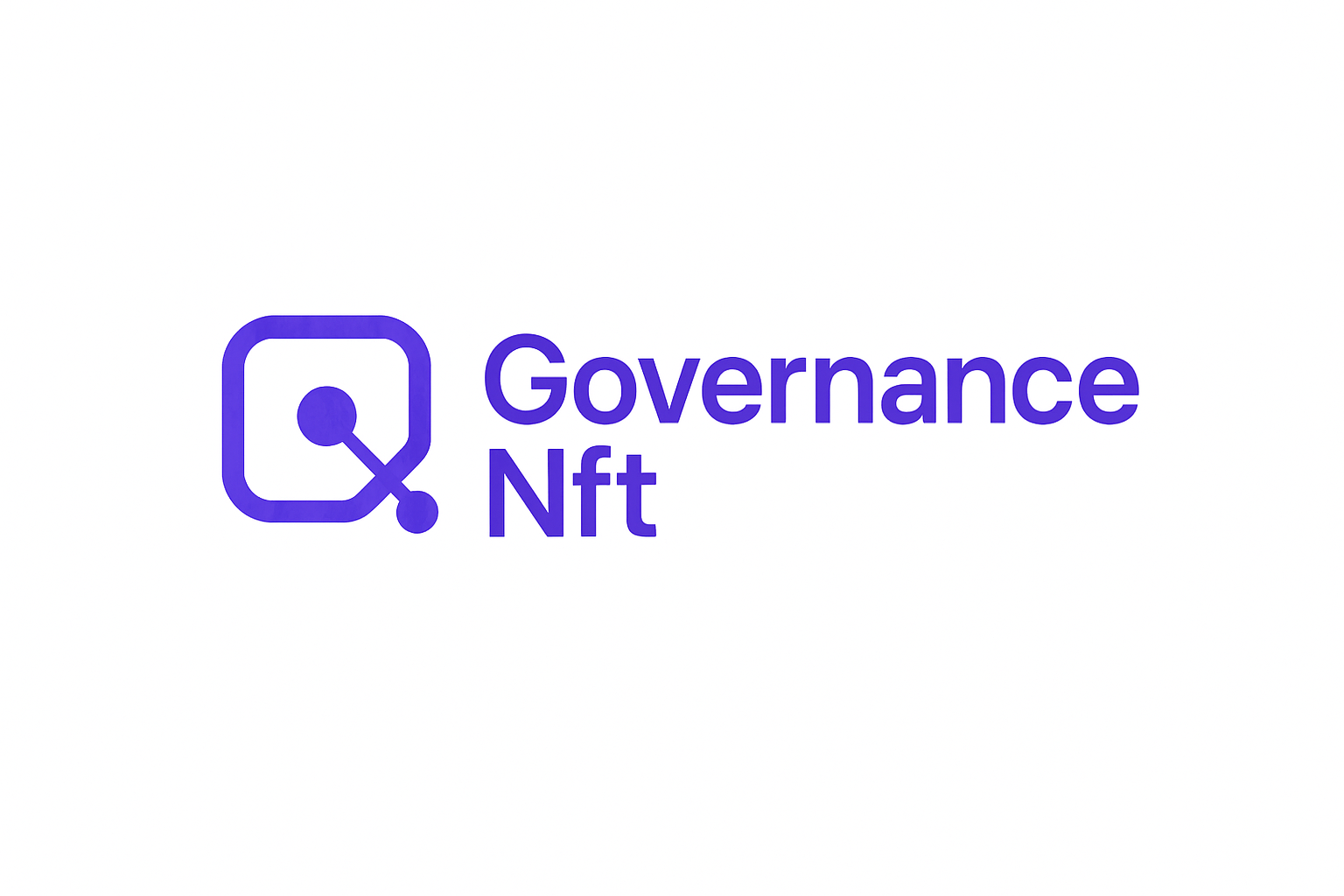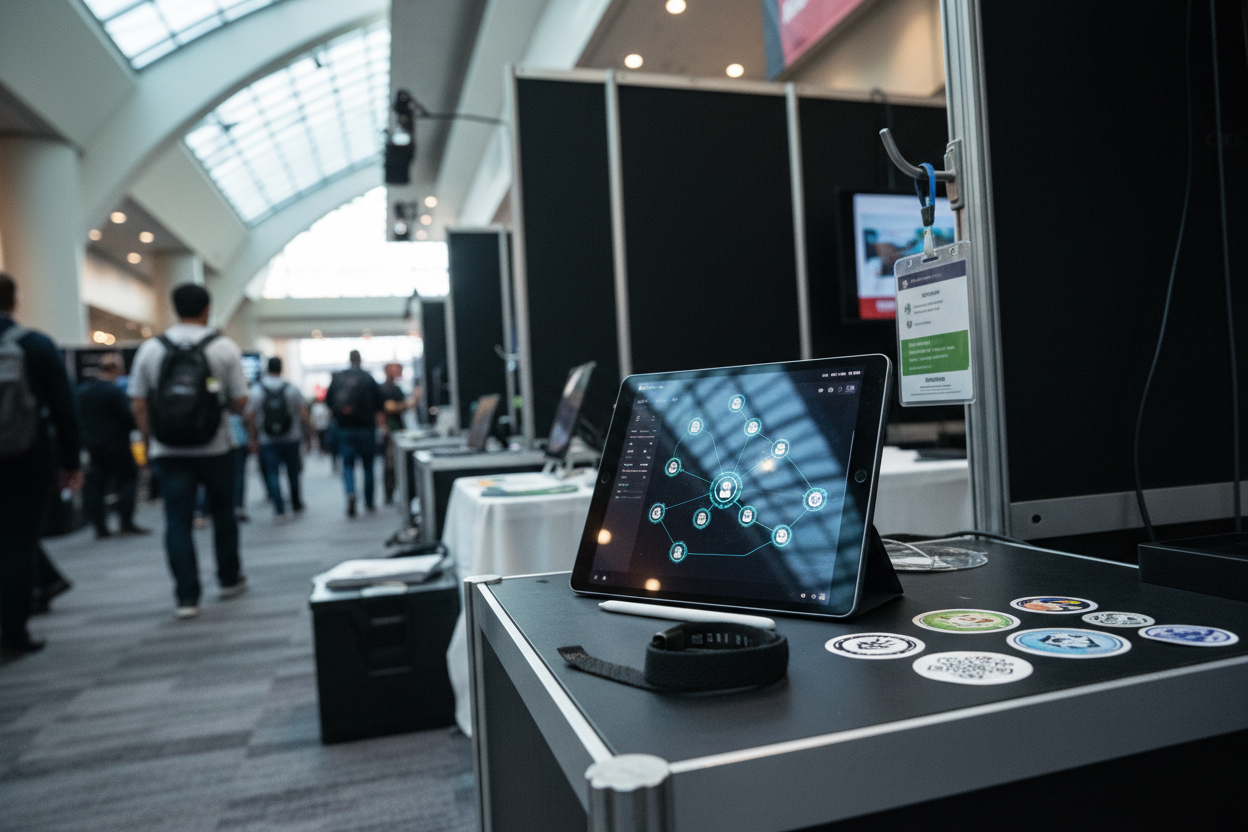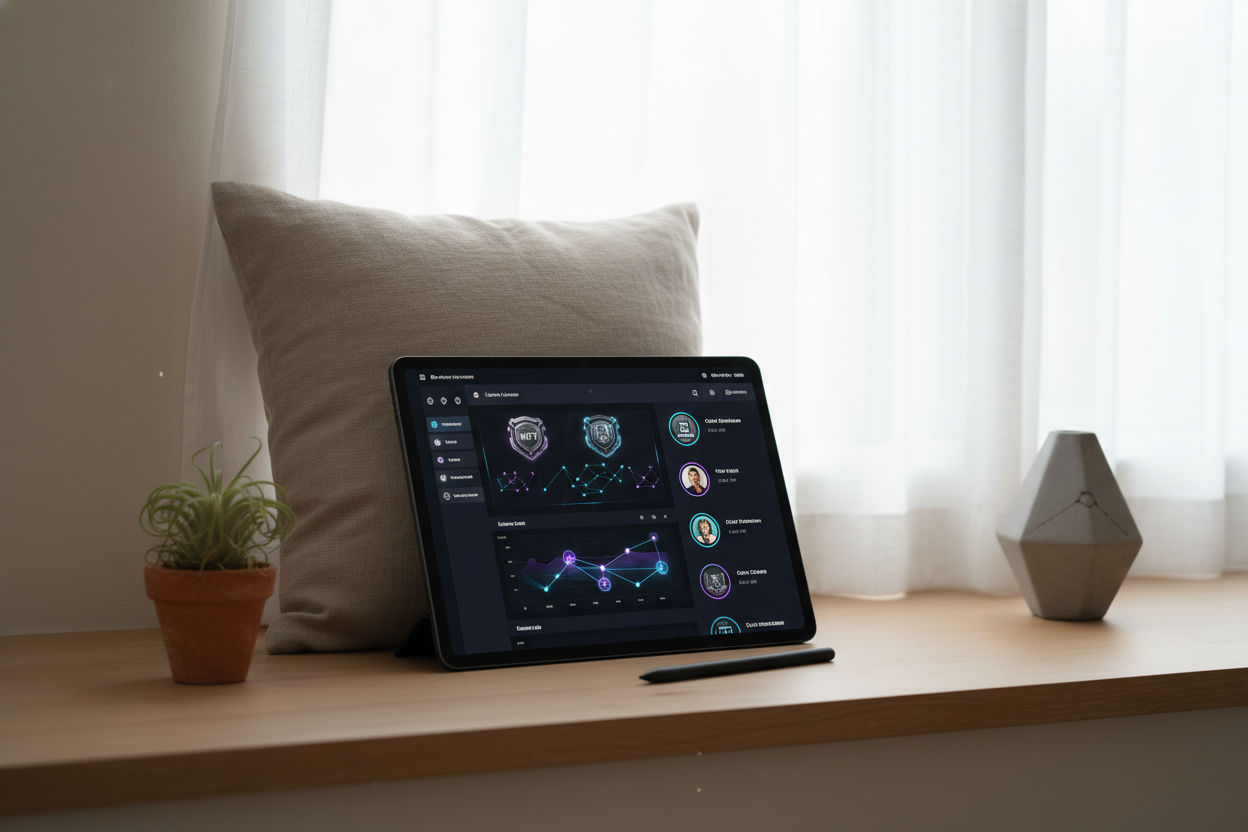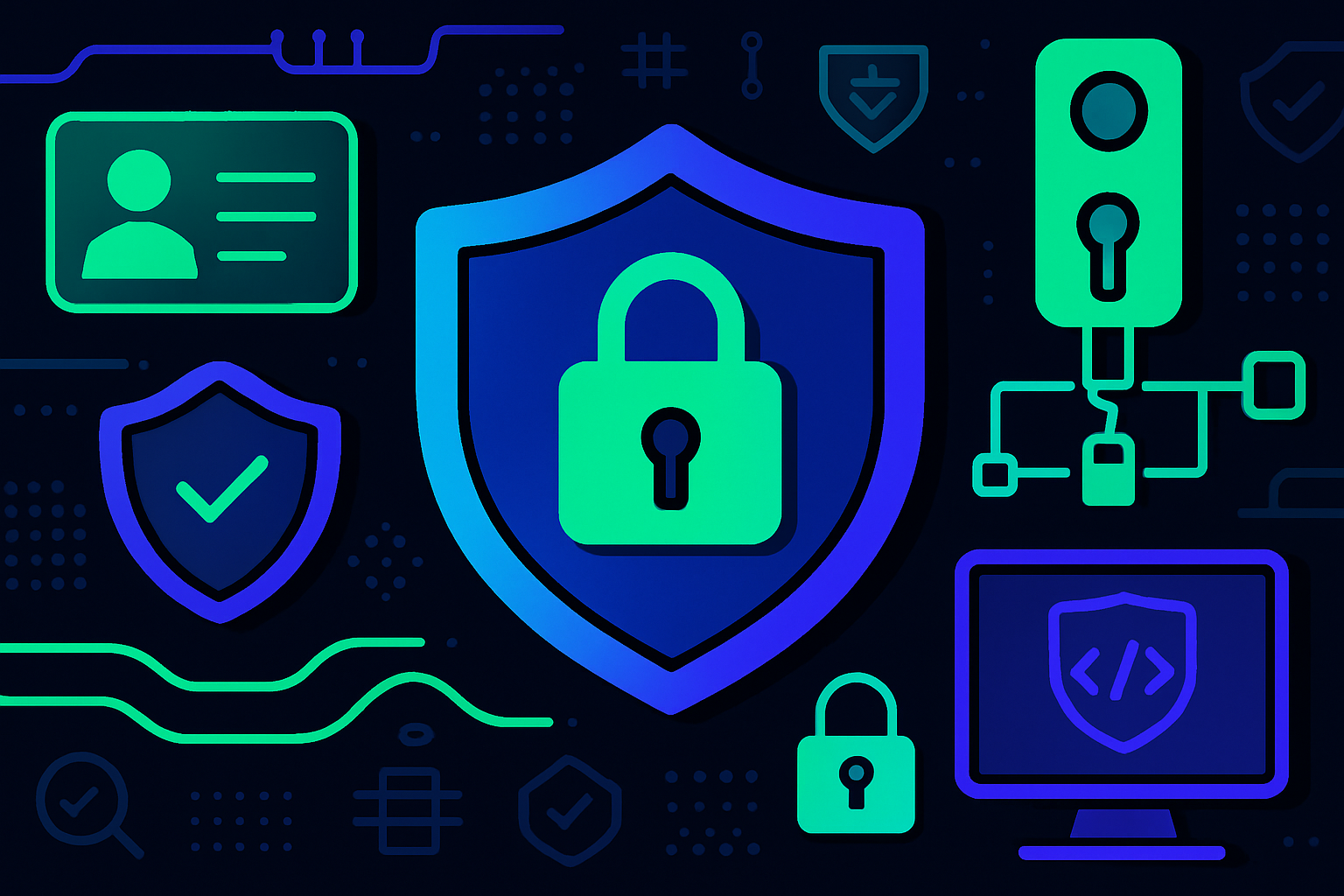
Decentralized Autonomous Organizations (DAOs) have become the backbone of on-chain governance, managing everything from protocol upgrades to treasury allocations. Yet, as DAOs scale in 2025, they face a familiar challenge: how to ensure that every vote represents a real, unique participant without sacrificing privacy or user autonomy. Enter decentralized identity solutions like idOS, which are rapidly transforming the landscape of DAO governance by providing robust tools for verifiable credentials, Sybil resistance, and compliant participation.
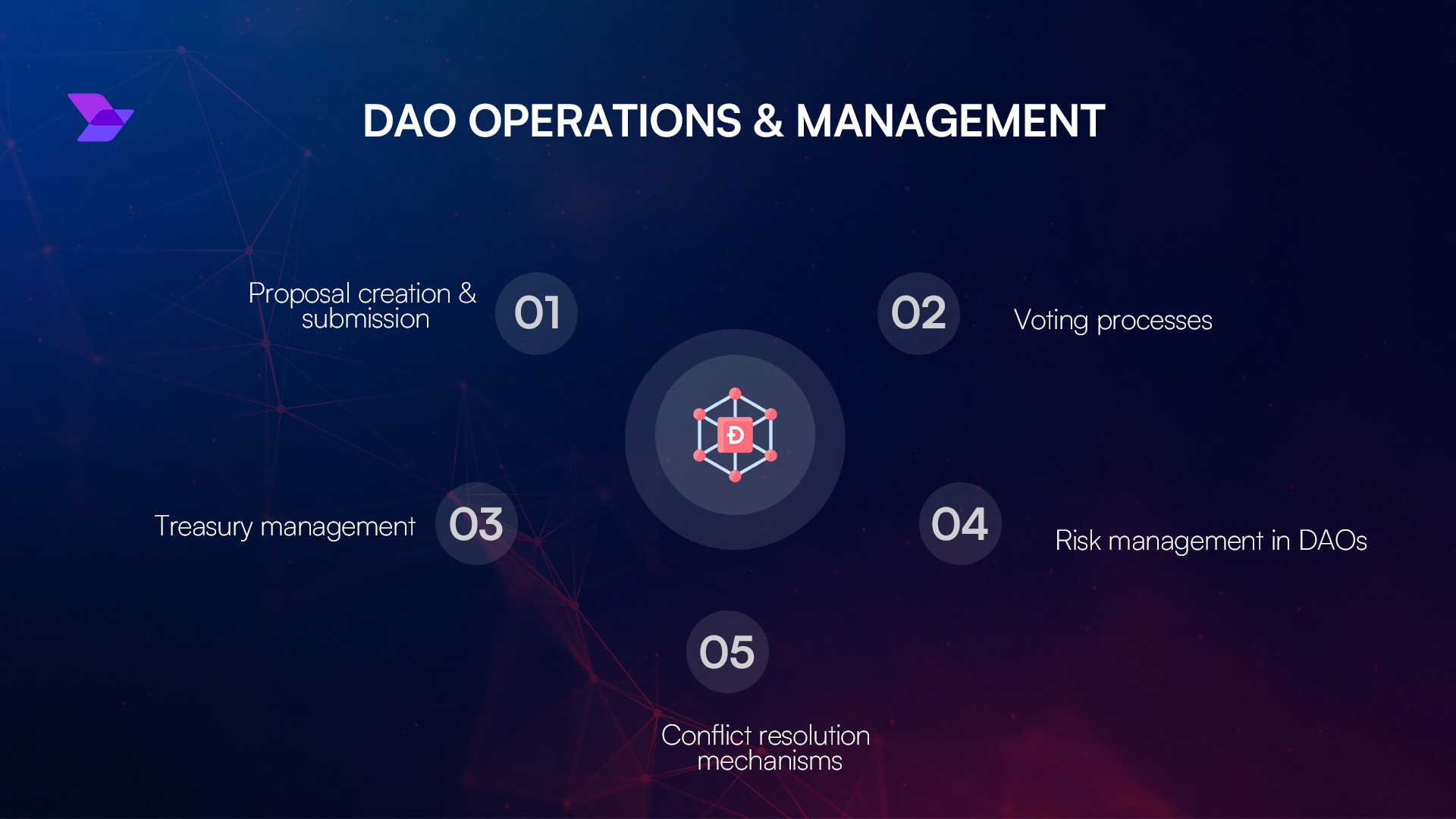
Why Decentralized Identity Matters for DAOs
Traditional online voting systems and even early DAO frameworks have long struggled with Sybil attacks – situations where a single actor creates multiple fake accounts to manipulate outcomes. In blockchain-based DAOs, this can distort decision-making and erode trust within the community. Decentralized identity for DAOs changes the game by tying governance rights to unique, verifiable identities while keeping personal data under user control.
The launch of idOS (Identity Operating System) marks a significant leap forward. As a chain-agnostic, self-sovereign identity layer, idOS enables users to selectively share credentials with dApps and DAOs without exposing sensitive information on-chain. This not only enhances Sybil resistance in blockchain voting but also aligns with emerging regulatory standards around privacy and data ownership.
How idOS Works: Privacy-Preserving Identity at Scale
At its core, idOS DAO governance leverages decentralization in two key ways: technical architecture and collaborative stewardship. The system uses advanced Multi-Party Computation (MPC) to manage private keys without traditional passwords or seed phrases – private keys are reconstructed only when needed and never exist in full at any single point. This approach slashes attack surfaces while making secure access seamless for end users.
The idOS Consortium, which includes major Web3 players like Arbitrum Foundation, Circle, Ripple, NEAR Foundation, Gnosis, Aleph Zero Foundation, Radix, and Tezos Foundation, provides collective oversight to ensure neutrality and ongoing innovation. By anchoring identity verification off-chain but making credentials verifiable on-chain through DIDs (Decentralized Identifiers), DAOs can confidently issue governance NFT badges, soulbound tokens, or reputation scores that are resistant to manipulation.
NFT Badges and Quadratic Voting: Unlocking Fair Representation
The integration of decentralized identity with verifiable NFT badges is reshaping how DAOs assign voting power and recognize contributions. For example:
- Sybil Resistance: Each badge is tied to a verified individual via their DID or proof-of-personhood credential – one person equals one badge.
- Soulbound NFTs: Non-transferable badges act as permanent records of participation or reputation; they cannot be sold or delegated away.
- Quadratic Voting: By ensuring each participant is unique and verified through idOS or similar solutions, quadratic voting mechanisms become viable at scale without fear of vote inflation by bots or fake accounts.
This shift empowers merit-based governance models where delegates truly represent their communities rather than aggregating power from anonymous sources. It also opens the door for more nuanced forms of participation beyond simple token holdings – such as rewarding contributors with role-specific badges that unlock proposal rights or special privileges within the DAO ecosystem.
As adoption accelerates, DAOs are now able to experiment with sophisticated voting schemes that were previously too risky or complex to implement. Sybil resistance in blockchain voting is no longer just about blocking spam accounts; it’s about building a foundation of trust, transparency, and fair representation that can withstand regulatory scrutiny and community expectations alike.
One of the most profound impacts of decentralized identity for DAOs is its ability to enable truly permissionless yet compliant participation. With idOS, members can prove their eligibility or reputation status without revealing personal details to the entire network. This not only satisfies privacy-conscious users but also helps DAOs align with emerging KYC/AML requirements in certain jurisdictions, without reverting to centralized gatekeepers.
Real-World Impact: From Theory to Practice
Major DAO ecosystems are already leveraging these innovations. For instance, quadratic plural voting systems like those explored by Lido Nation or Governor Charlie become practical when each vote is anchored to a verifiable identity. This dramatically reduces the risk of whales or bots dominating outcomes while still allowing for nuanced expression of preferences. Similarly, soulbound governance NFT badges, issued via platforms like Governance NFT Badges, let DAOs reward contributors or formalize voting rights in a way that’s both transparent and tamper-resistant.
The result? Healthier communities where power is distributed more equitably and decision-making reflects genuine stakeholder interests. By tying governance rights to unique, non-transferable credentials, DAOs can finally move beyond the limitations of purely token-based systems into models that reward reputation, expertise, and real engagement.
Top Benefits of Decentralized Identity for DAO Governance
-
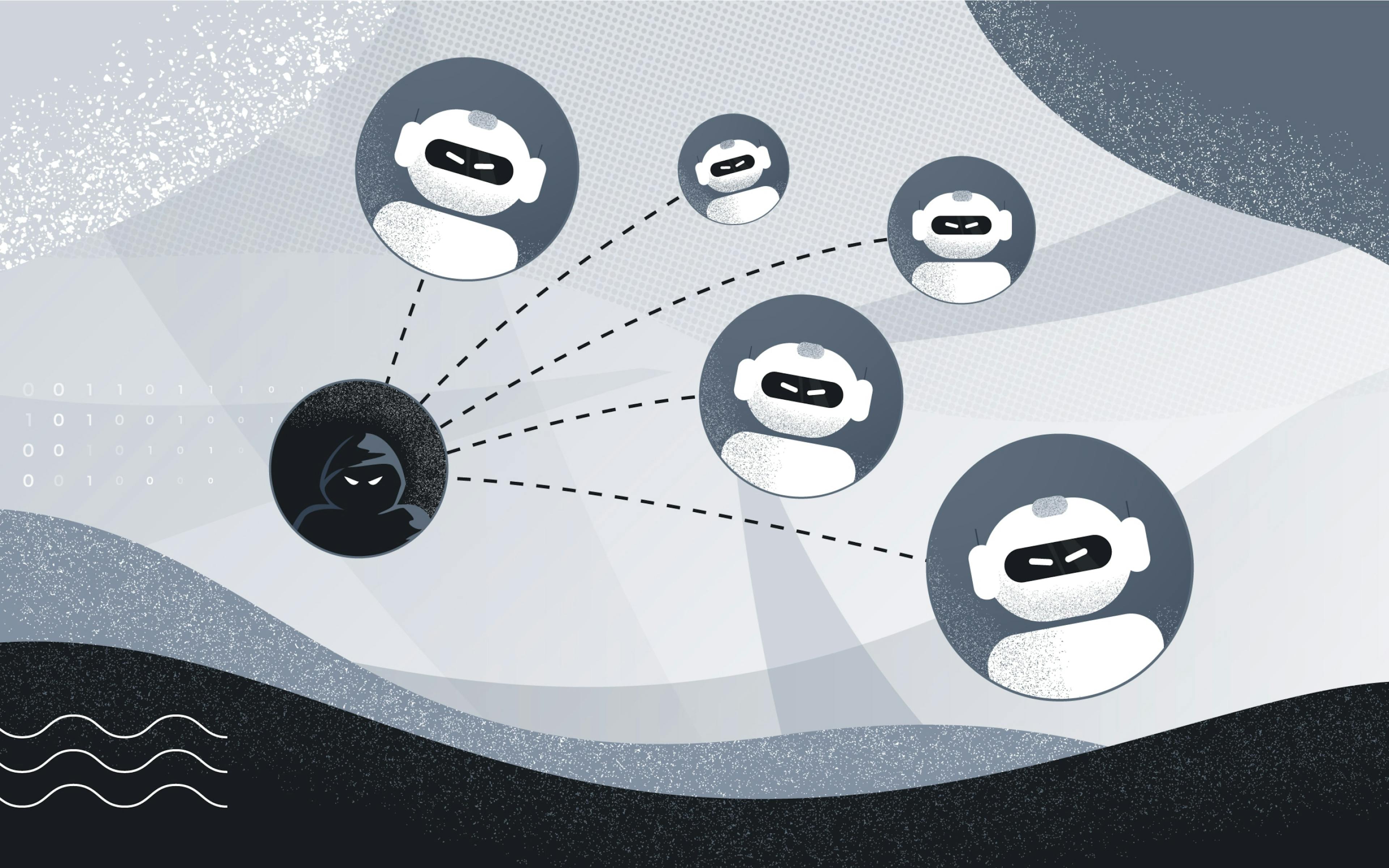
Sybil Resistance: Decentralized identity solutions like idOS ensure each participant is uniquely verified, preventing fake or duplicate accounts from manipulating DAO votes.
-
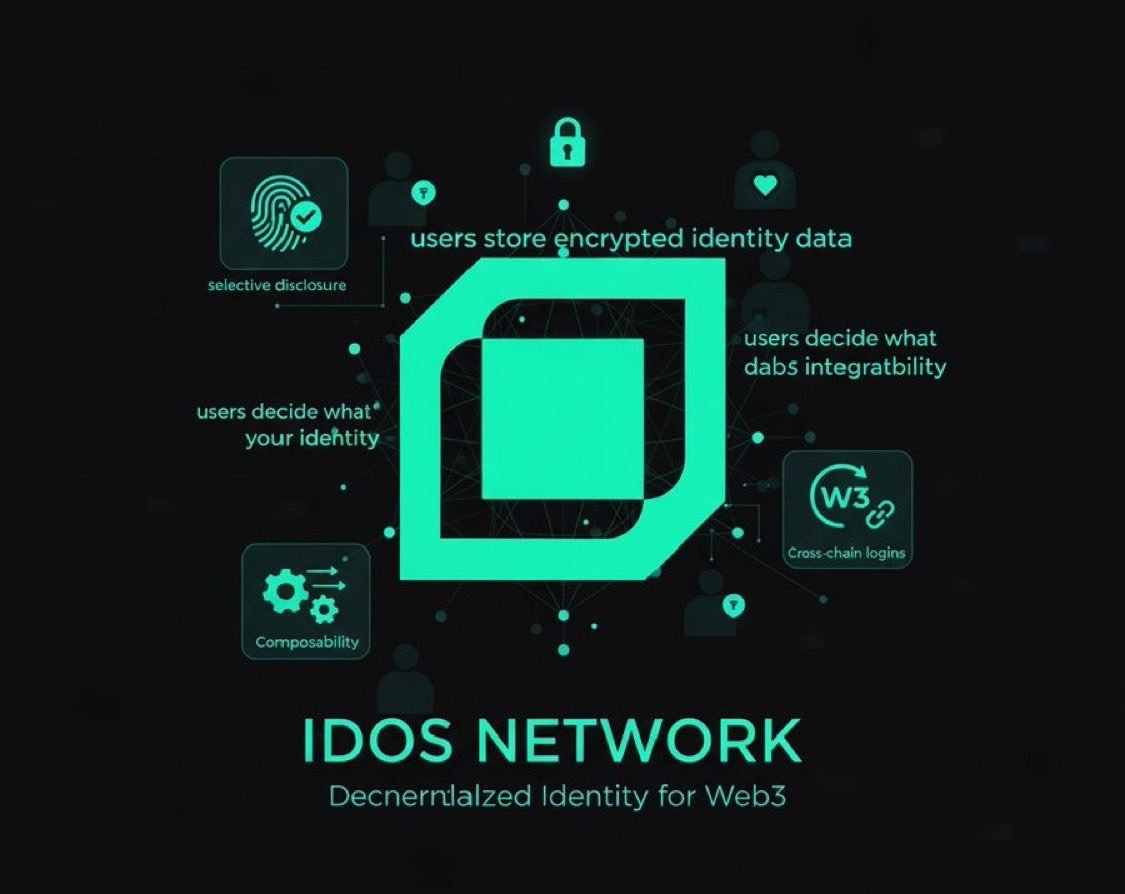
Enhanced Privacy and User Control: With idOS, users maintain full control over their personal data, sharing only what’s necessary for governance while keeping sensitive information private.
-
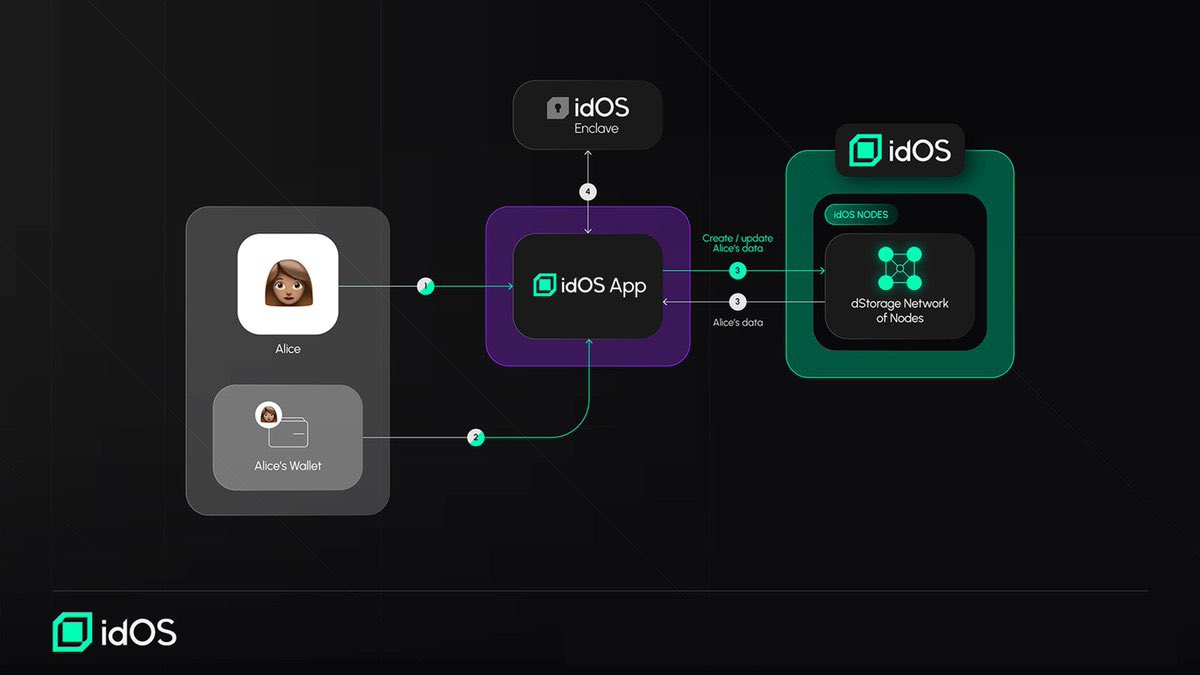
Passwordless Security: idOS leverages Multi-Party Computation (MPC) technology for secure, passwordless access, eliminating risks associated with traditional passwords and seed phrases.
-
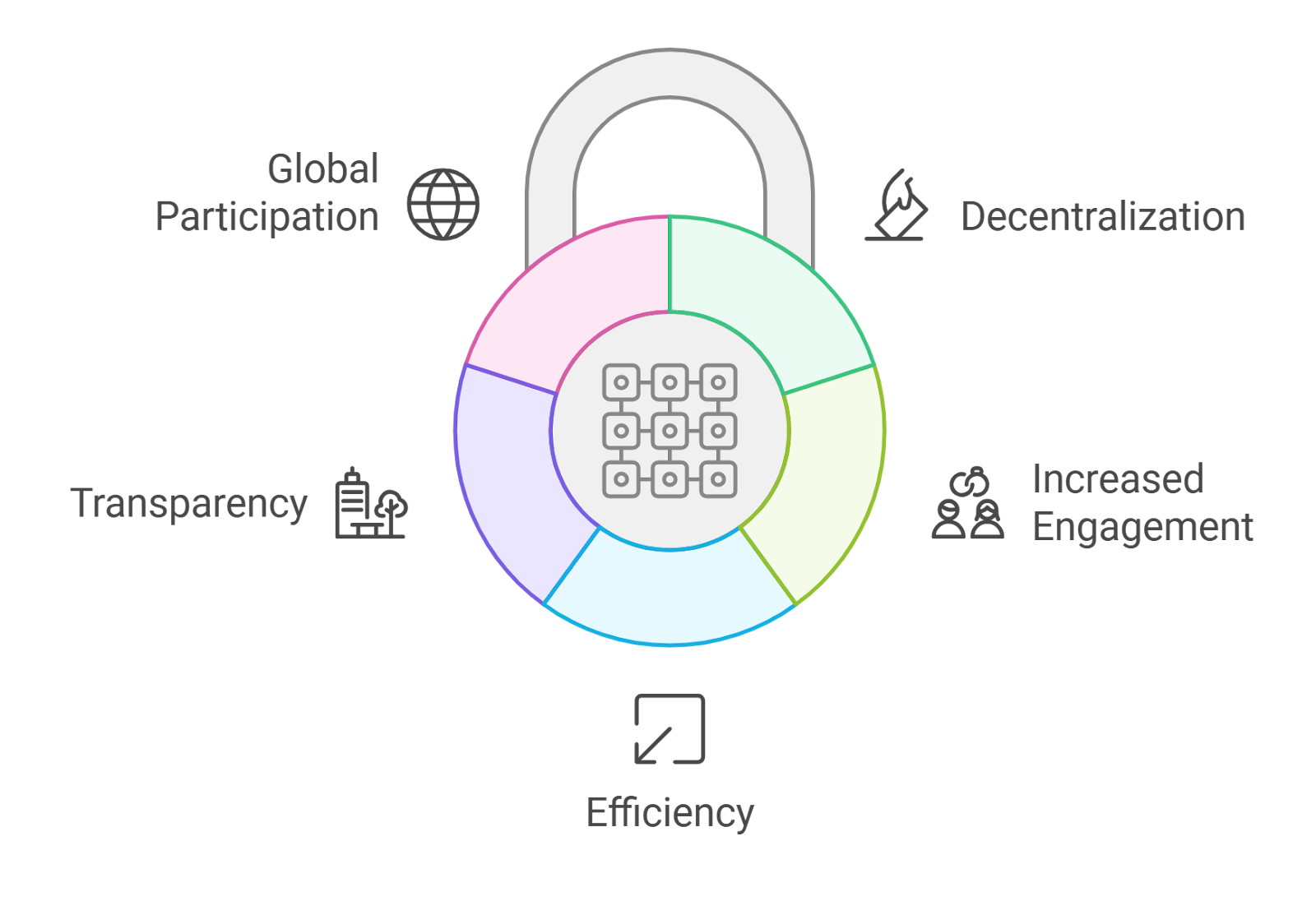
Fair and Equitable Voting: By providing verifiable credentials and decentralized identifiers (DIDs), idOS helps DAOs distribute voting rights fairly and prevent power concentration.
-
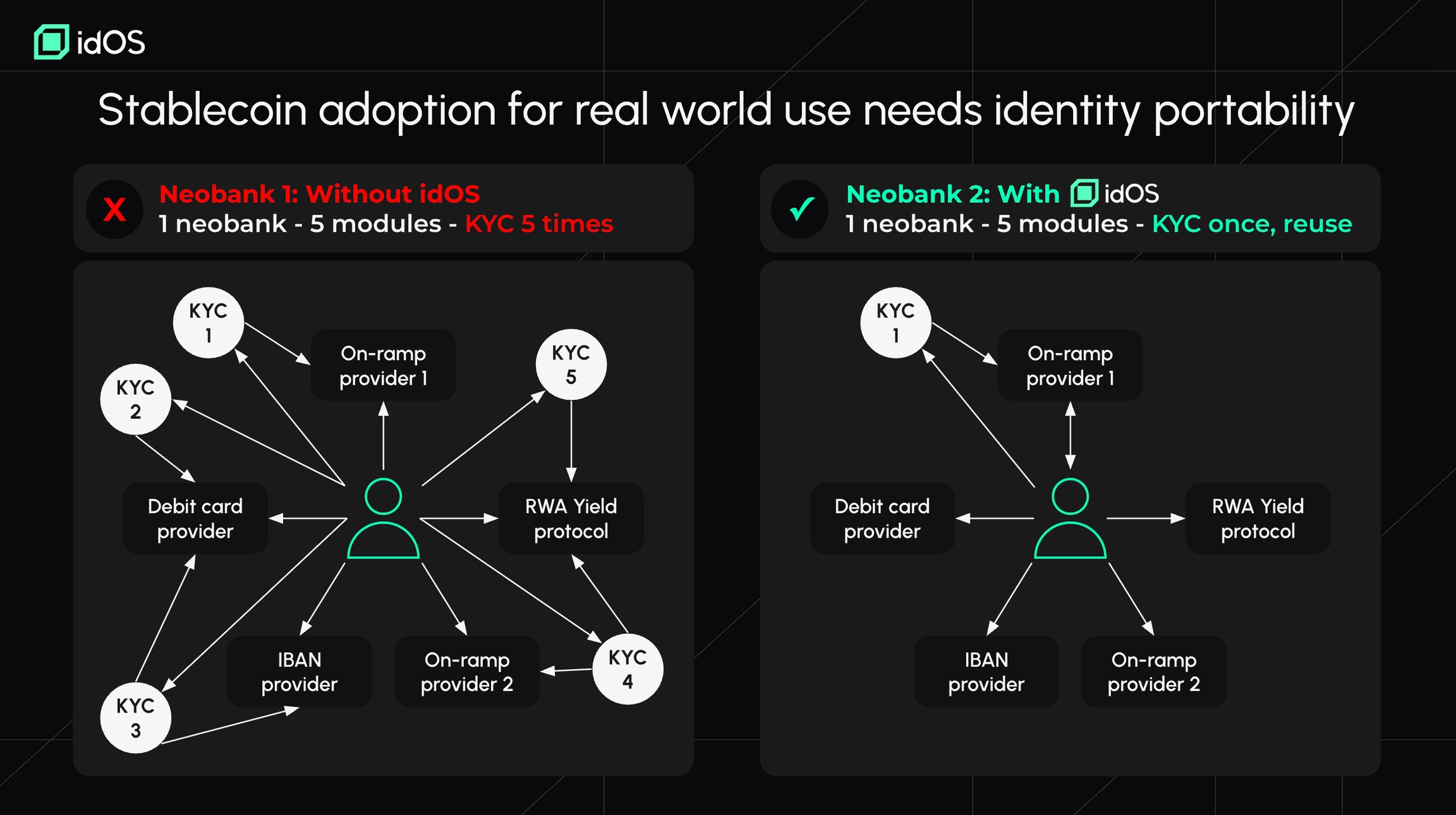
Regulatory Compliance: idOS supports privacy-preserving, regulation-aligned identity verification, helping DAOs meet compliance requirements without sacrificing decentralization.
-
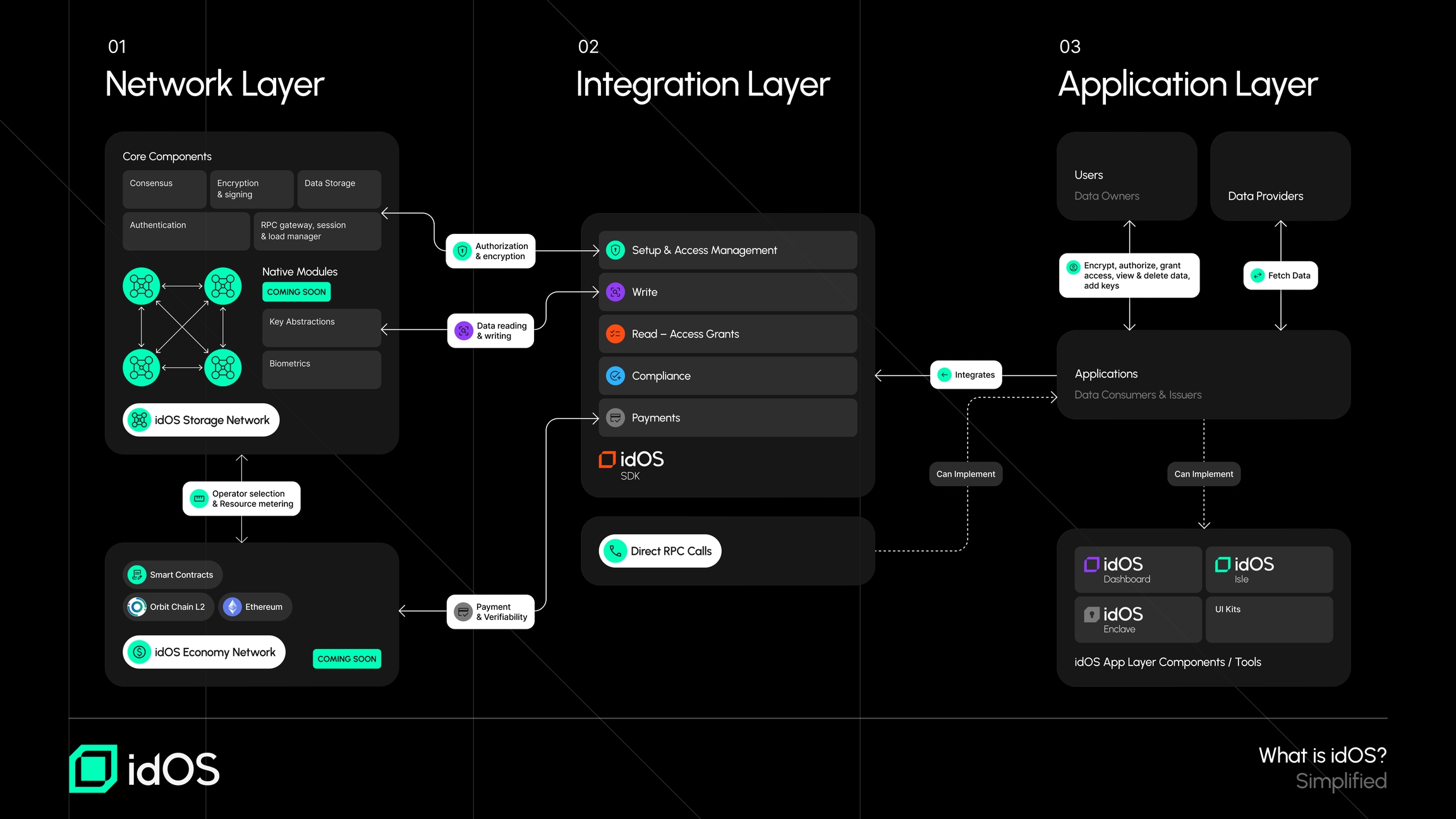
Interoperability Across Chains: As a chain-agnostic solution, idOS enables seamless identity management and governance participation across multiple blockchains and dApps.
-
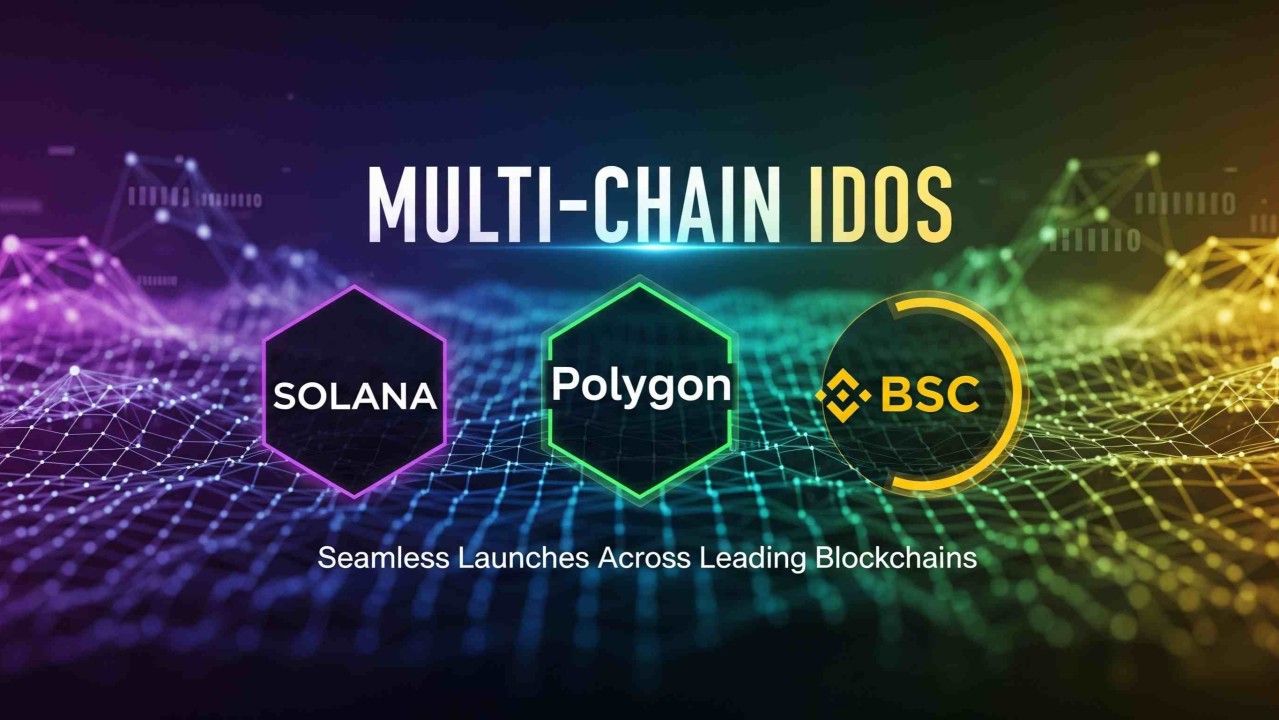
Trust and Transparency: Decentralized identity frameworks like idOS foster trust within DAO communities by ensuring transparent, auditable governance processes.
Looking Ahead: The Road to Mainstream DAO Governance
The momentum behind decentralized identity shows no signs of slowing. As the idOS Consortium expands and more DAOs adopt on-chain identity verification frameworks, expect further innovation in how communities organize themselves online. We’ll likely see:
- Cross-chain interoperability: Chain-agnostic DIDs make it easy for members to participate across multiple ecosystems without managing fragmented identities.
- Automated compliance: Smart contracts can enforce access controls based on verifiable credentials, streamlining membership processes for public and private DAOs alike.
- Evolving badge standards: As governance NFT badges become more sophisticated, they’ll encapsulate not just voting rights but also granular roles, achievements, and community history.
If you’re designing a governance process for your DAO in 2025, or simply want your vote to count without compromising your privacy, now is the time to explore decentralized identity solutions like idOS and verifiable NFT badges. They’re not just technical upgrades; they’re the building blocks for a more inclusive, resilient Web3 future.
